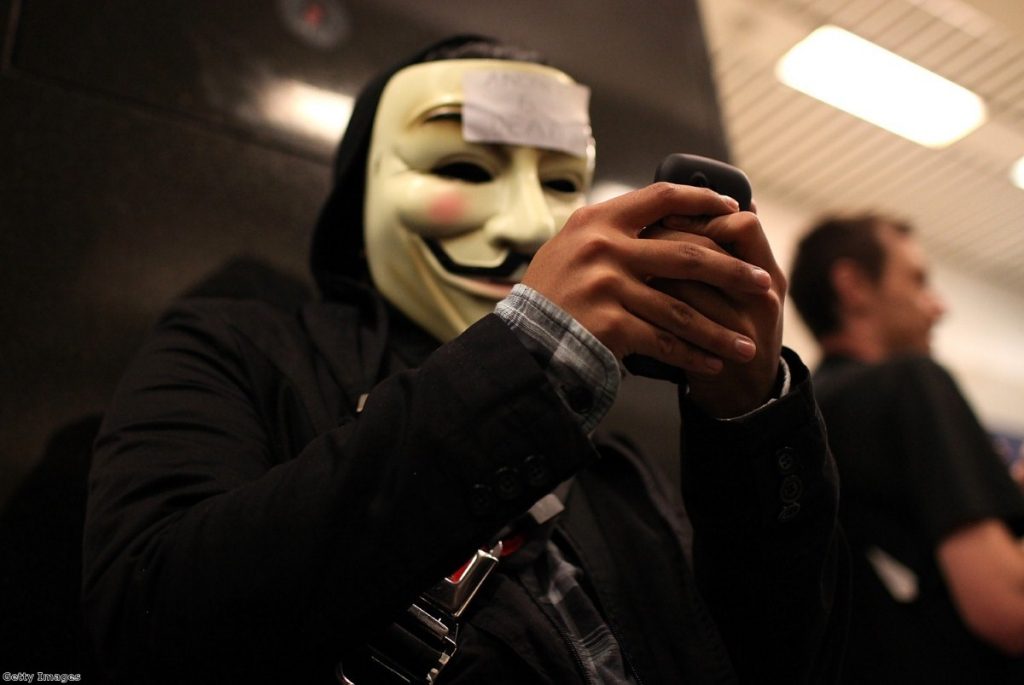The plot to get snoopers’ charter passed without Commons vote
The Home Office is trying to get powers from the communication data bill passed without the need for a Commons vote, in a move which will be greeted with outrage by the Liberal Democrats.
Rumours of the plot come as security agency sources briefed the press that the charter was a "cheap" response to the Woolwich killing which would not have prevented the murder of Lee Rigby.
Senior security sources told the Independent that the revival of the snoopers' charter in the wake of the murder would only help police gather evidence in the early stages of an investigation, not prevent attacks such as the one in Woolwich.
The report comes after it was revealed that civil servants are stripping the communications data bill down to a compromise plan which could be passed without the need for legislation.


According to the Telegraph, the team is being led by Cabinet secretary Jeremy Heywood. They are likely to demand that telecommunications companies are forced to keep extra data on online customer activity, beyond the details of phone calls they already record.
The move would bypass Liberal Democrat opposition to the policy, but threaten to create new rifts in the coalition.
Some reports suggest Nick Clegg is prepared to back down on the charter in exchange for movement on the mansion tax – a policy long promoted by the junior coalition partner.
While Labour would be likely to back the Tories on the charter, the party would also support the Liberal Democrats over the mansion tax.
Some Lib Dems believe the Tories are unlikely to push ahead with this 'mutually assured destruction' of the coalition.
But former policing minister Nick Herbert said opponents of the plans were guilty of a "paranoid libertarianism that denies any sense of proportion".
Regardless of a potential deal, the revival of the charter is a slap in the face for Nick Clegg, who ruled out the previous incarnation of the policy live on air, much to the celebration of civil liberties campaigners and Lib Dem rank-and-file membership.
Malcolm Rifkind, head of the intelligence and security committee, insisted authorities needed the new powers because of the restrictions on spies' ability to tap in to electronic communication.
"The issue is essentially social messaging – various aspects of the internet do not come under the current legislation," he told the BBC.
"The terrorists are sometime very stupid and are sometimes quite smart. They know very well what the limits are at the moment and there is evidence that increasingly extremists, terrorists, criminals are using social messaging on those parts of the internet that cannot be intercepted."
Meanwhile, free speech advocates were becoming increasingly concerned at plans by home secretary Theresa May to restrict extremist groups from broadcasting their message.
Any group calling for violence is currently restricted, but May plans to expand that definition to include those who stop short of that benchmark.
Greg McLaughlin and Stephen Baker of the University of Ulster told the Belfast Telegraph that the move has worrying echoes of the censorship of Sinn Fein between 1988 and 1994.
"A study in 1990 by the Glasgow Media Group showed that in the first year of the ban, appearances on TV by Sinn Féin politicians such as Gerry Adams and Martin McGuinness decreased by 63% from the year before," they said.
"Some readers may take this as evidence that censorship works but they might also want to ask whether it had any impact upon support for Sinn Féin during this period.
"There was certainly no corresponding drop in the party's vote."
They added: "Far from protecting democracy from terrorism and political extremism, censorship allows bad ideas and bad politics to go unchallenged and unexamined in public debate.
"It stymies the free circulation of information, news and opinion."












